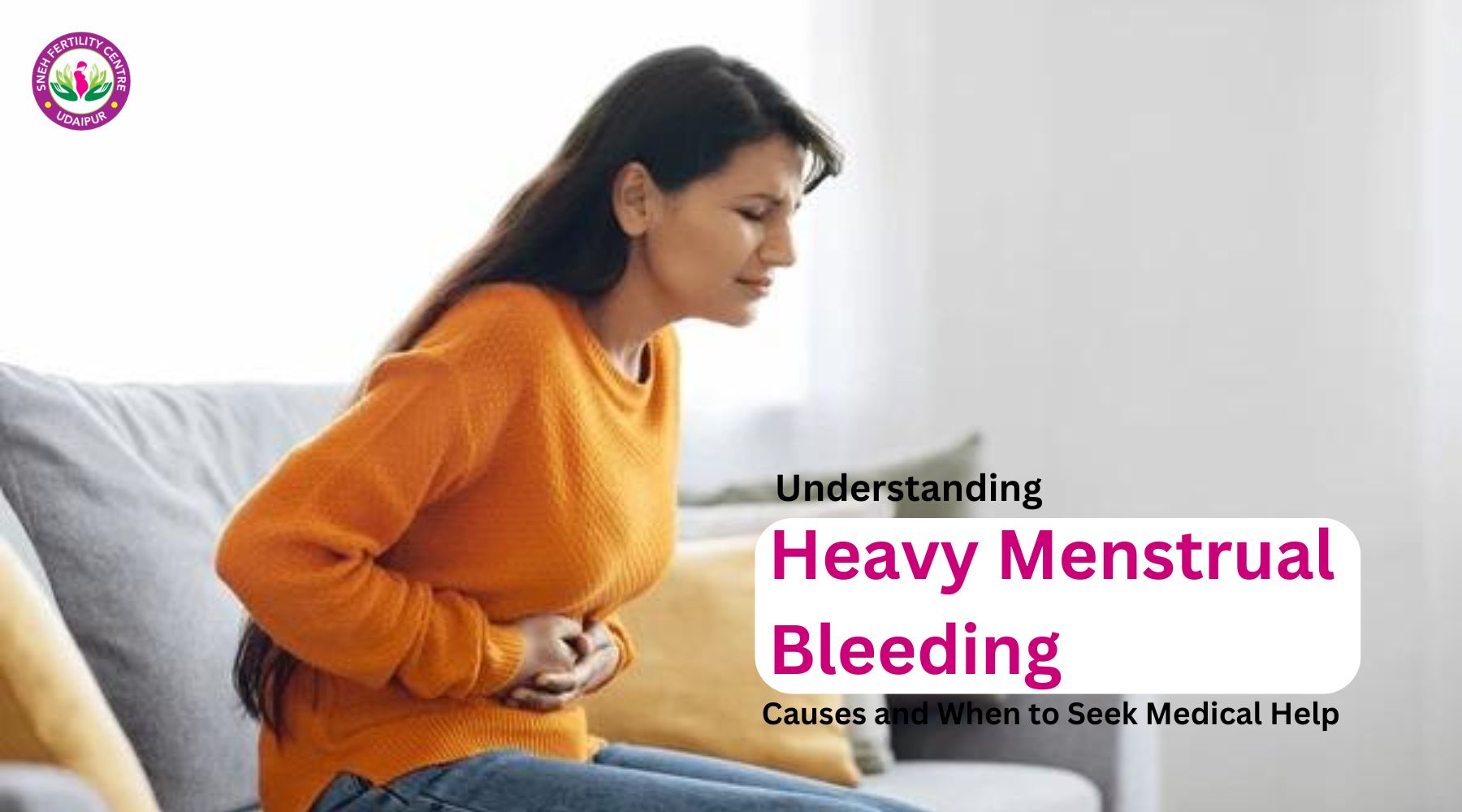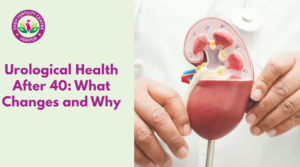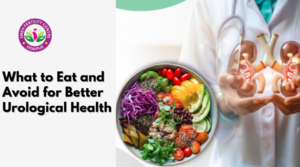Heavy menstrual bleeding, medically known as menorrhagia, can be a challenging and distressing condition for many women. At Sneh Fertility Centre, we understand that managing heavy menstrual bleeding requires a clear understanding of its causes and knowing when to seek medical attention. This guide will help you identify the signs of menorrhagia and understand the available treatments to improve your quality of life.
What is Heavy Menstrual Bleeding?
Heavy menstrual bleeding refers to an unusually heavy flow of blood during menstruation. It can be characterized by:
While some variation in menstrual flow is normal, consistently heavy bleeding can be a sign of an underlying issue that needs attention.
Causes of Heavy Menstrual Bleeding
Several factors can contribute to heavy menstrual bleeding. Understanding these causes can help in identifying the right treatment. Common causes include:
- Hormonal Imbalances: Hormones regulate the menstrual cycle. Imbalances in estrogen and progesterone levels can lead to abnormal bleeding patterns.
- Uterine Fibroids: These noncancerous growths in the uterus can cause heavy bleeding and prolonged menstrual periods.
- Endometriosis: This condition occurs when tissue similar to the lining of the uterus grows outside the uterus, causing pain and heavy bleeding.
- Polycystic Ovary Syndrome (PCOS): PCOS can lead to irregular menstrual cycles and heavy bleeding due to hormonal imbalances.
- Adenomyosis: In this condition, the inner lining of the uterus grows into the uterine wall, causing heavy and painful periods.
- Medical Conditions: Certain medical conditions such as thyroid disorders, bleeding disorders (like von Willebrand disease), and pelvic inflammatory disease can result in heavy menstrual bleeding.
- Medications: Some medications, including blood thinners and hormonal treatments, can affect menstrual bleeding patterns.
- Pregnancy Complications: Complications such as miscarriage or ectopic pregnancy can cause abnormal bleeding.
When to Seek Medical Help
While occasional heavy bleeding can be a part of a normal cycle, persistent or severe bleeding warrants medical evaluation. It is essential to seek help from a healthcare provider if you experience:
Diagnosis and Treatment Options
To diagnose the cause of heavy menstrual bleeding, your healthcare provider at Sneh Fertility Centre may perform various tests, including:
Treatment for heavy menstrual bleeding depends on the underlying cause and may include:
- Medications: Hormonal treatments (such as birth control pills) can regulate menstrual flow. Nonsteroidal anti-inflammatory drugs (NSAIDs) can help reduce bleeding and pain.
- Lifestyle Changes: Maintaining a healthy weight and managing stress can help balance hormones and reduce heavy bleeding.
- Surgical Interventions: In cases where medication is ineffective, surgical options like uterine artery embolization, endometrial ablation, or myomectomy may be considered.
- Alternative Therapies: Acupuncture and herbal remedies may provide relief for some women, but it is essential to discuss these with your healthcare provider.
Menorrhagia, or heavy menstrual bleeding, can greatly affect a woman’s life but with the right help, it can be controlled. If you have symptoms, don’t wait to get help from Sneh Fertility Centre.
Our team offers tailored care and treatments to improve your menstrual health. Visit us for more details or to book an appointment. We prioritize your health and are committed to assisting you in finding the relief and support you need.






